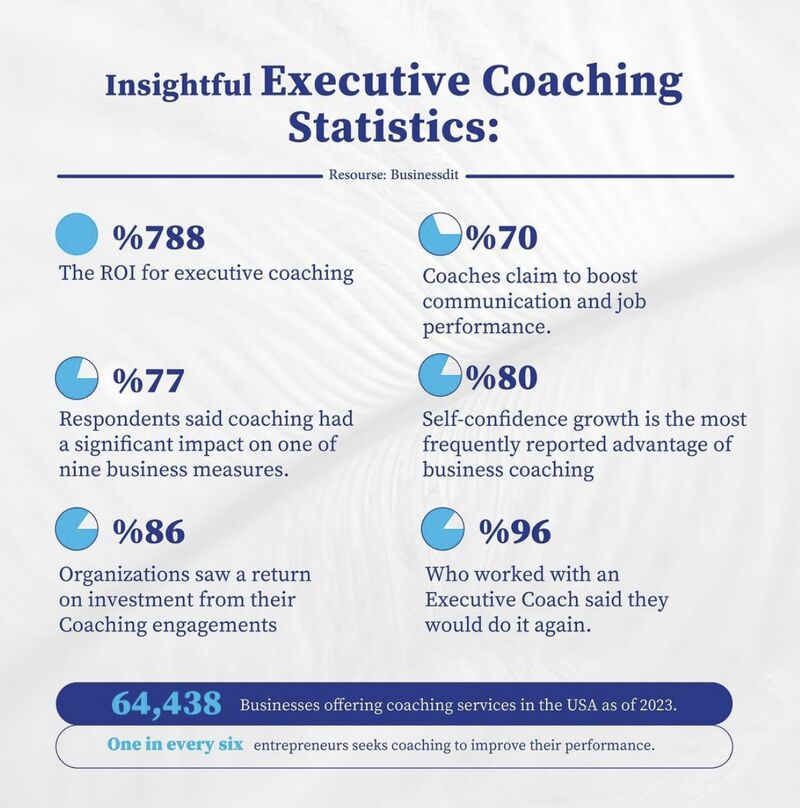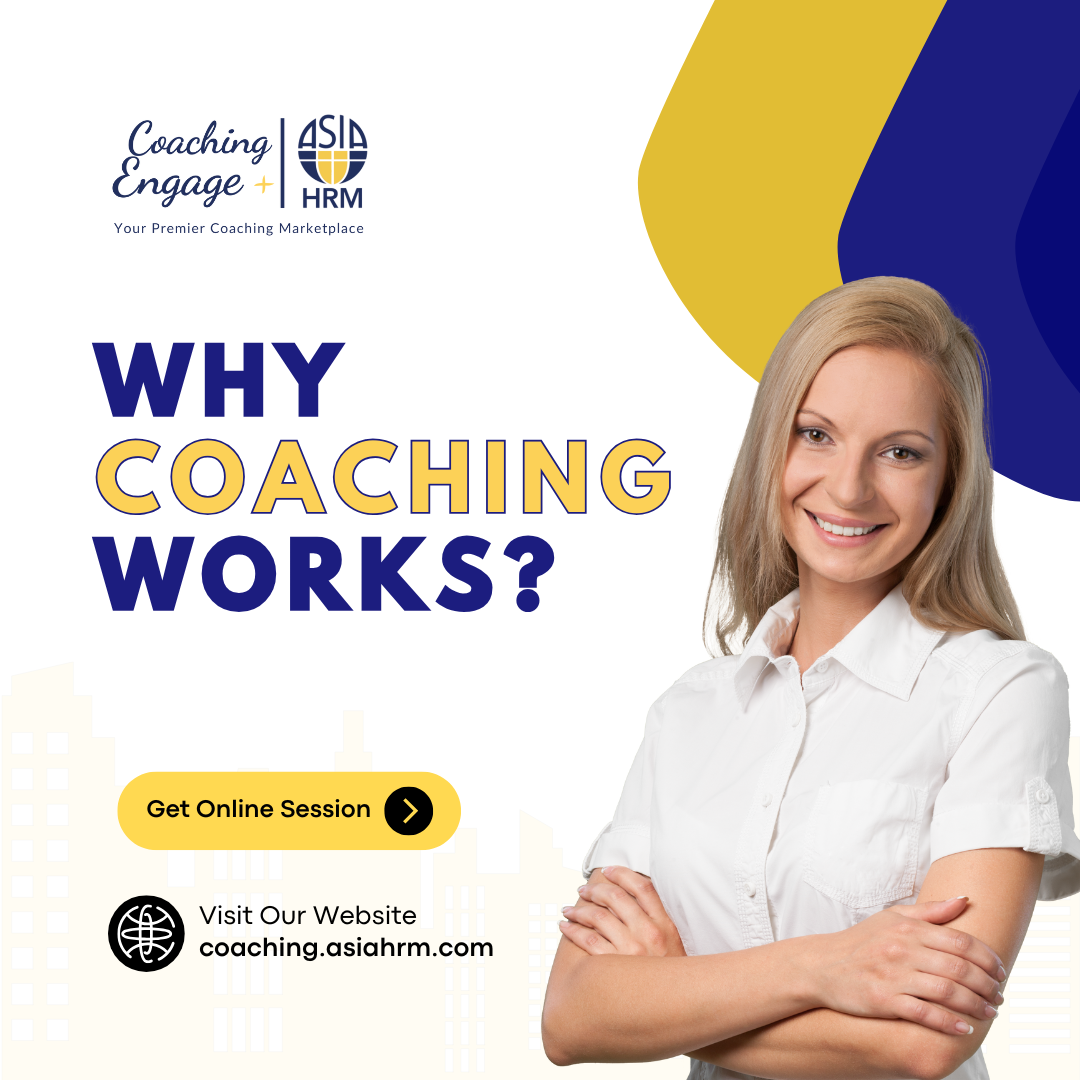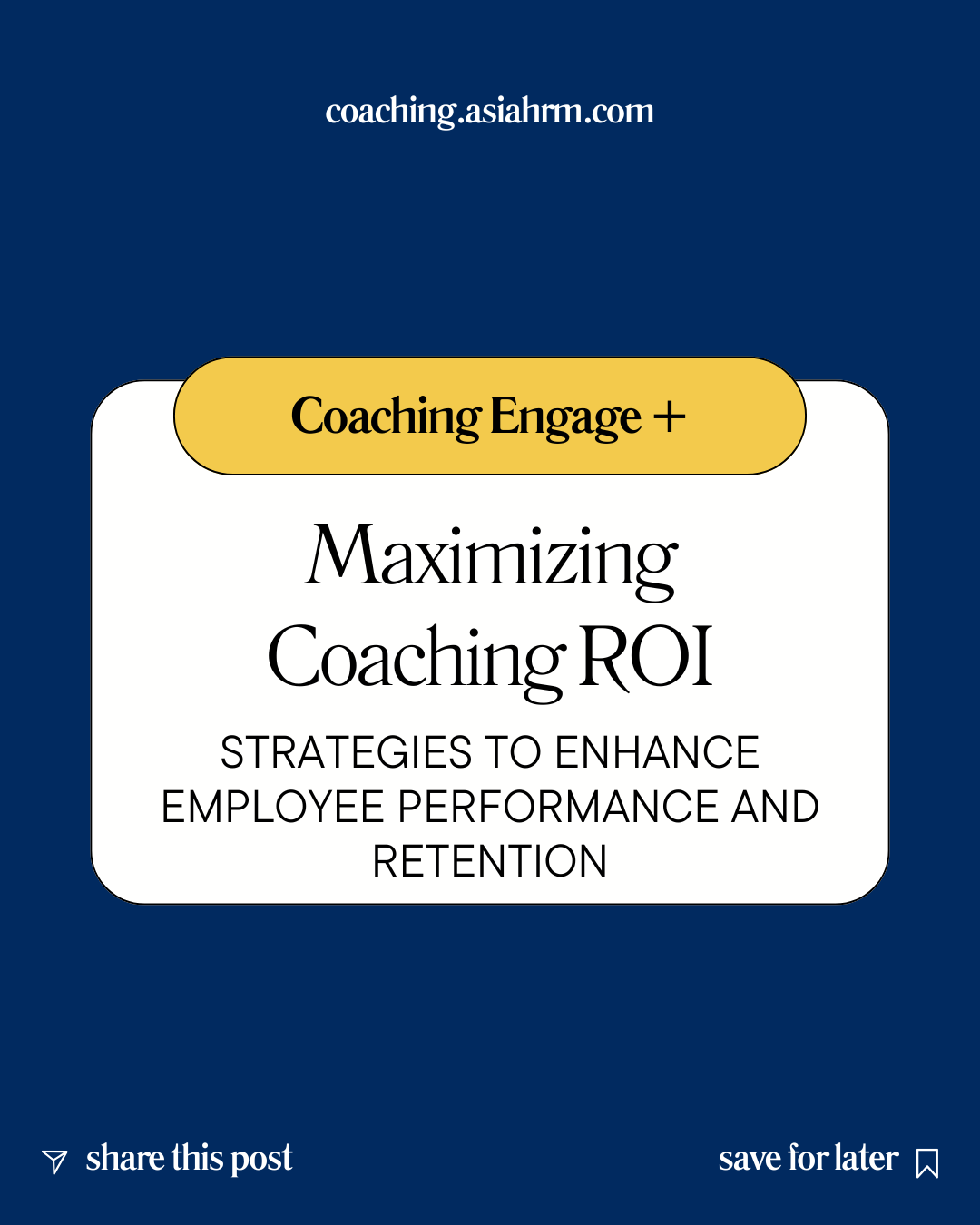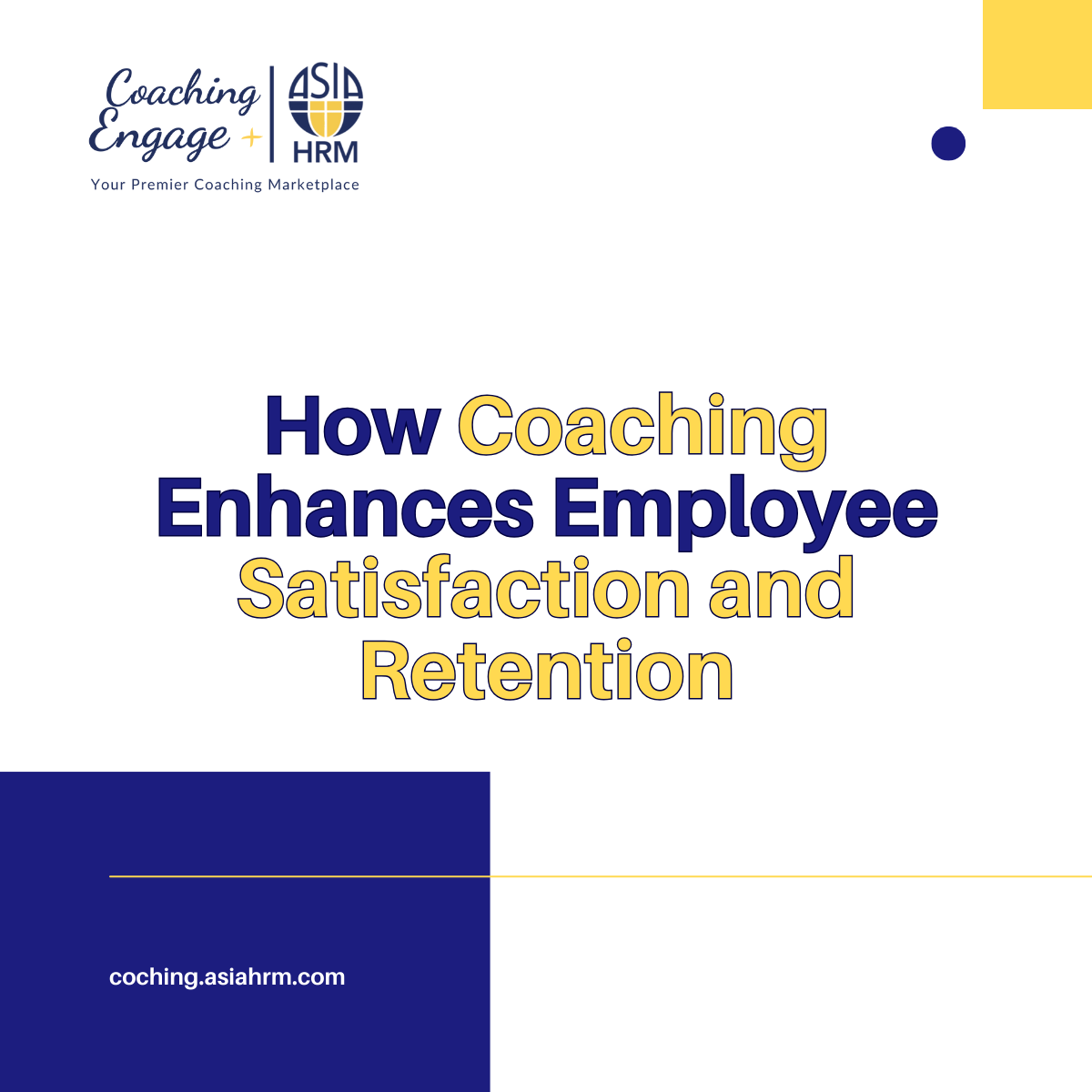Sports coaching is more than just guiding athletes through drills and strategies; it’s about inspiring growth, fostering resilience, and unlocking potential both on and off the field. Whether you’re an aspiring athlete, a seasoned professional, or someone passionate about personal development, understanding the impact of effective coaching can be transformative.
The Role of a Sports Coach
A sports coach serves as a mentor, strategist, and motivator. They are responsible for developing athletes’ skills, enhancing team performance, and instilling values such as discipline, teamwork, and perseverance. According to Topend Sports, coaches play multifaceted roles, including instructor, assessor, friend, mentor, and motivator, all aimed at helping athletes reach their full potential.Topend Sports
Effective coaching goes beyond technical instruction; it encompasses emotional intelligence, communication skills, and the ability to adapt to individual athletes’ needs. As highlighted by Trine University, the autonomy coaching style, which supports players’ freedom and decision-making, has been shown to be particularly effective across all age groups.Trine University
Benefits of Sports Coaching
Engaging with a skilled sports coach offers numerous benefits:
- Skill Development: Coaches provide structured training programs that enhance technical abilities and tactical understanding.
- Mental Resilience: Positive coaching fosters mental toughness, enabling athletes to handle pressure and setbacks effectively.miramar.usmc-mccs.org
- Confidence Building: Through consistent feedback and encouragement, coaches help athletes build self-confidence and a positive self-image.Little League
- Life Skills: Coaching instills valuable life skills such as leadership, time management, and goal setting, which are transferable beyond sports.
As noted by Athlete Assessments, coaches play a critical role in teaching life lessons that extend far beyond the playing field.Athlete Assessments
Finding the Right Coach
Selecting the right coach is crucial for personal and athletic development. A good coach aligns with your goals, understands your unique needs, and fosters a supportive environment for growth.
To facilitate this process, Coaching Engage+ offers a comprehensive platform connecting individuals with certified coaches across various specialties. Whether you’re seeking to improve your athletic performance, enhance your leadership skills, or embark on a personal development journey, Coaching Engage+ simplifies the search for the ideal coach.
Coaching Engage+: Your Gateway to Excellence
Coaching Engage+ is designed to make coaching accessible and tailored to your unique needs:
- Diverse Specialties: Access coaches specializing in areas such as sports performance, leadership, wellness, and more.
- User-Friendly Interface: Easily navigate the platform to find and connect with coaches that match your objectives.
- Global Reach: Connect with certified coaches from around the world, bringing diverse perspectives and expertise.
- Verified Credentials: All coaches on the platform are certified professionals committed to ethical standards.
Embark on your coaching journey today by visiting Coaching Engage+ and take the first step toward achieving your personal and professional goals.
Investing in sports coaching is an investment in your future. With the right guidance, you can unlock your potential, overcome challenges, and achieve excellence in all areas of life.












